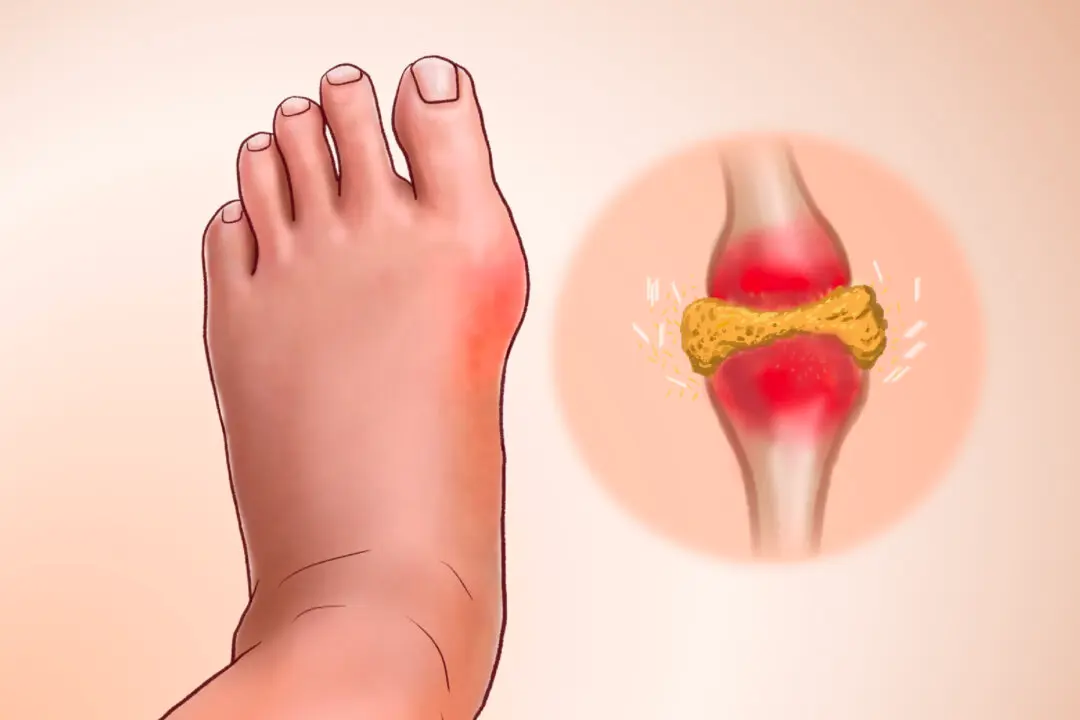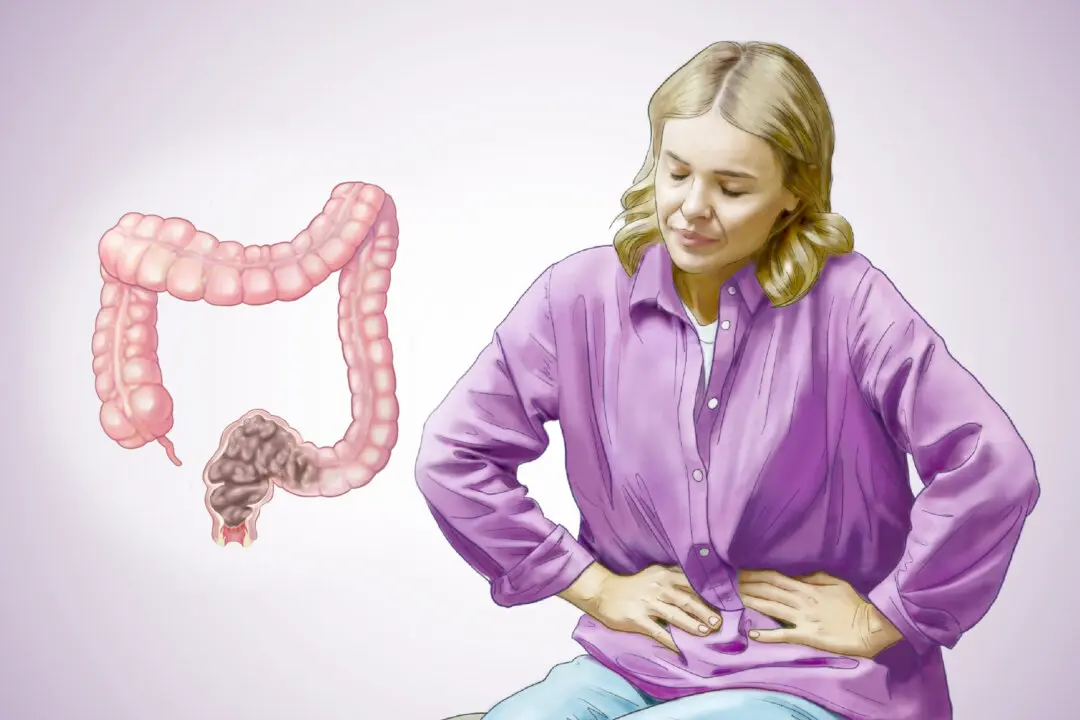Rooted in many ancient religious traditions dating back thousands of years, meditation has been increasingly used in our modern world to reduce stress and improve our quality of life.
In addition to stress reduction, meditation brings many incredible benefits to us in unimaginable ways. But how do we meditate? What’s the optimal duration and best postures? What should you be thinking about during meditation? These questions will be answered by both western and eastern medical experts in our series of articles.
Follow the series “Meditation” here.
Psychiatric nurse practitioner Deborah Collins-Perrica recently shared a story with The Epoch Times regarding the miraculous benefits of meditation seen in her practice.Her former patient, a combat pilot in the U.S. Air Force, was diagnosed with multiple sclerosis. In his previous consultations with multiple neurologists, he was told that his progressive disease would eventually paralyze him.





